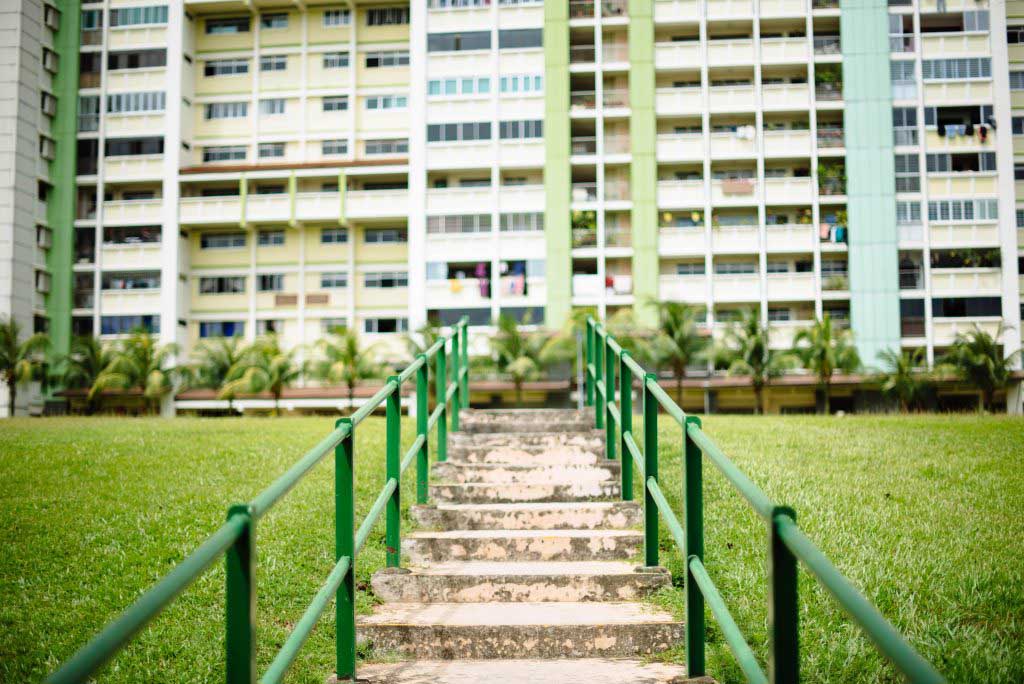Boost to Government Cladding Fund

Boost to Government Cladding Fund
It is well known that leaseholders in high-rise buildings are becoming increasingly nervous about the safety of their homes and frustrated at the rising costs of repairing unsafe cladding.
It should come as some relief, then, that on 10 February 2021 the Housing Secretary Robert Jenrick announced that the Government would be providing an additional £3.5bn towards the remedial fund for the costs of replacing dangerous cladding. In total, the Government has now committed £5.1bn towards the remediation of dangerously clad high-rise buildings. (It should be noted from the outset, however, that the fund is aimed only at removing dangerous cladding and not other fire safety defects.)
Speaking to the House of Commons, Jenrick said that leaseholders living in 18m+ buildings (or buildings with at least 6 storeys) would not have to contribute towards the costs of remedial cladding works. For lower-rise buildings (ie. with four to six storeys or between 11-18m in height), the Government has proposed introducing a financing scheme (a long-term, low-interest loan) this is designed to ensure that the contribution of leaseholders towards remedial cladding works would not exceed £50 per month. We are, however, waiting for further details on this.
Taking the view that it “cannot be right that the costs of addressing these issues fall solely on tax payers”, Jenrick also announced that from 2022 the Government would be generating a £2bn levy over the next decade (£200m per year) by targeting the “largest property developers” through hypothecated taxation. This levy would be in addition to a new tax aimed at the UK’s residential property sector.
Jenrick claimed that the new levy would “ensure the largest property developers make a fair contribution to the remediation programme”. However, there was little details as to the identity of the so-called “largest property developers” (or the class of high-rise buildings likely to fall within the levy) – nor was there any information as to the applicable tax brackets and likely charges that developers will face. When the Government does decide to consult on these measures, developers should keep a careful eye on the detail.
Contact our Real Estate Dispute Resolution team today
If you would like to discuss any issue relating to this blog, please do not hesitate to contact a member of the Real Estate Dispute Resolution Team on 01895 207835 or 01895 207295, or email us at propertydisputes@ibblaw.co.uk
